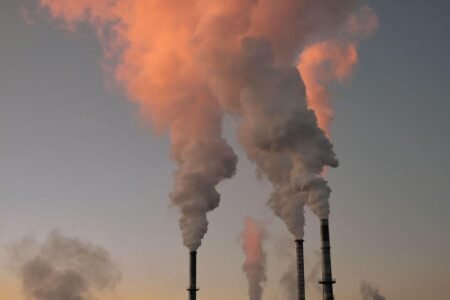— last modified 19 January 2016
The Mediterranean region is currently facing impressive growth, a real “blue Gold Rush”. Without a long-term vision for sustainable development, the Mediterranean Sea will not be able to sustain our economy and our well-being, says WWF.
This is what emerges from MedTrends, a study run by WWF that provides for the first time a global and integrated picture of the growth of economic maritime activities in eight Mediterranean countries (Croatia, Cyprus, France, Italy, Greece, Malta, Slovenia, Spain). MedTrends analyses the 10 key maritime economic sectors, illustrating and mapping their current status and future development trends (to 2030), and their environmental impacts.
WWF finds that maritime activities, among which maritime transports, tourism, aquaculture and many others, are predicted to expand substantially over the next 20 years. This is creating growing competition for limited space and marine resources, which will result in even greater pressure on an already stressed ecosystem. Coordinated and long-term planning of the whole basin cannot wait.
“In a ‘business as usual’ scenario, the current exploitation of maritime space and resources is simply not sustainable. The only way to ensure that the Mediterranean Sea will continue to support our national economies and to promote a sustainable blue economy is an integrated management of the maritime space”, says Giuseppe Di Carlo, Director of WWF Mediterranean Marine Initiative. “Economy, industries, governments, civil society and all stakeholders must build a vision for the Mediterranean that reconciles economic development and resource management”, adds Di Carlo.
Not surprisingly, the only sector that shows a downward trend is professional fishery: today over 90% of fish stocks are overexploited. Conflicts for space will arise, for example between aquaculture and tourism (by far the most important industry for the Mediterranean economy with a forecast 500 million tourists by 2030) as both activities will develop on the coastline. There will also be conflict between oil and gas extraction and renewable energies as detailed in the study.
“During the past few years the term “Blue Economy” or “Blue Growth” has surged into common policy usage. While for some, “Blue Economy” simply refers to any economic activity in the maritime sector, for WWF it means the economic development of the oceans contributing to true prosperity today and long into the future. We invite Commissioner Vella and his team to embed this principle into the EU marine policy providing the leadership we need to steer ocean management toward a sustainable direction”, says Roberto Ferrigno, Head of Marine and Fisheries at WWF European Policy Office.
“The European Union must play a crucial role in this regard. The tools do exist on paper, first of all the Marine Spatial Planning Directive of July 2014”, says Catherine Piante of WWF France, MedTrends project leader. “But much must still be done. The implementation of this Directive requires a shared and ambitious vision for the future of Mediterranean maritime space, taking into account different spatial scales, and with the protection and restoration of biodiversity and
ecosystems as a keystone. Otherwise, it will be impossible to reach the environmental targets set by the European Commission that are already at serious risk”, adds Piante.
“Prior to MedTrends, despite incentives to support sustainable Blue Economy in the Mediterranean Sea, there has been little information on the future trends of maritime sectors, and how these trends might affect, positively or negatively, marine ecosystems. Our analysis and the solutions and actions we indicate help to fill this gap and are a contribution to a better integrated and more effective management of Mediterranean space and resources”, concludes Piante.
The MedTrends project combines the collection and analysis of geo-localised socio-economic and environmental information with a wider spatial analysis that helps to identify interactions and conflicts between sector development and the protection of marine ecosystems. It looks into today’s situation along with future developments up to 2030.







